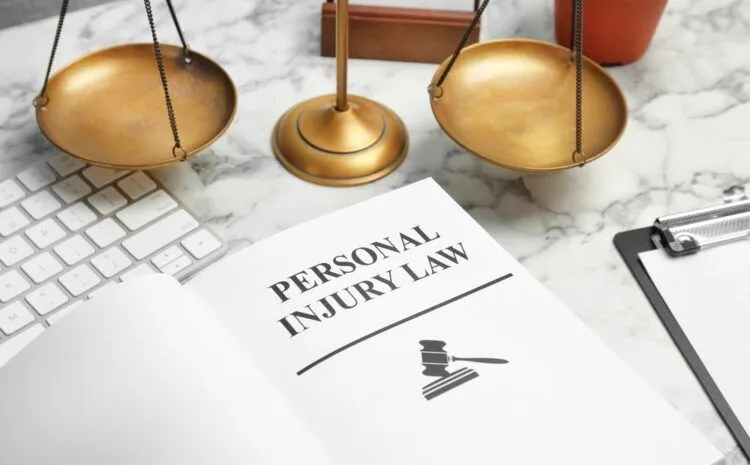
When an unexpected injury disrupts your life, the path forward might seem uncertain and overwhelming. Understanding the basics of personal injury law is crucial, and knowing your rights and options can provide clarity and relief during difficult times. In this blog, we’ll guide you through the essentials of personal injury cases, specifically how they work in Indianapolis.
What Is Personal Injury?
Personal injury law, also known as tort law, allows an individual to go to civil court and get a legal remedy for all losses stemming from an accident or other incident. The purpose of the personal injury system is to allow the injured person to be compensated financially or “made whole” after he or she has suffered harm due to someone else’s careless or intentional conduct.
Types Of Personal Injury Cases
Personal injury cases can arise from various situations. Common types of personal injury cases include car accidents, slip and fall accidents, medical malpractice, and product liability. In Indianapolis, just like in other parts of the country, these cases require that the injured party proves not only their injuries but also the negligence of the other party.
The Role Of Negligence
Negligence is a critical concept in personal injury law. To receive compensation for injuries, the injured party must prove that their injuries were the result of someone else’s negligence. This involves establishing four key elements: duty, breach, causation, and damages. Simply put, the defendant must have owed a duty to the plaintiff, breached that duty through their actions, caused the injuries, and the plaintiff must have incurred damages.
Compensation In Personal Injury Cases
Compensation, or damages, in personal injury cases can take various forms, including medical expenses, lost wages, pain and suffering, and emotional distress. In some cases, punitive damages might be awarded as a form of punishment if the defendant’s actions were particularly reckless or malicious.
Statute Of Limitations
It’s crucial to be aware that personal injury cases are subject to a statute of limitations, which sets a limit on the time you have to file a lawsuit. In Indiana, the statute of limitations for most personal injury cases is two years from the date of the injury. Failing to file within this time frame could result in losing your right to compensation.
Why You Need A Personal Injury Lawyer
Navigating a personal injury case can be complex and challenging, especially when dealing with insurance companies that are often more concerned with their bottom line than your wellbeing. An experienced Indianapolis, IN personal injury lawyer can provide invaluable guidance, helping you understand your rights, gathering necessary evidence, negotiating with insurance companies, and working for the compensation you deserve.
At Ward & Ward & Ward Personal Injury Lawyers Personal Injury Lawyers, we understand the challenges and uncertainties that come with personal injury cases. We are here to help you navigate the legal landscape and ensure that your rights are protected. If you or a loved one has been injured, reach out to us. Let’s work together to seek the justice and compensation you deserve.


